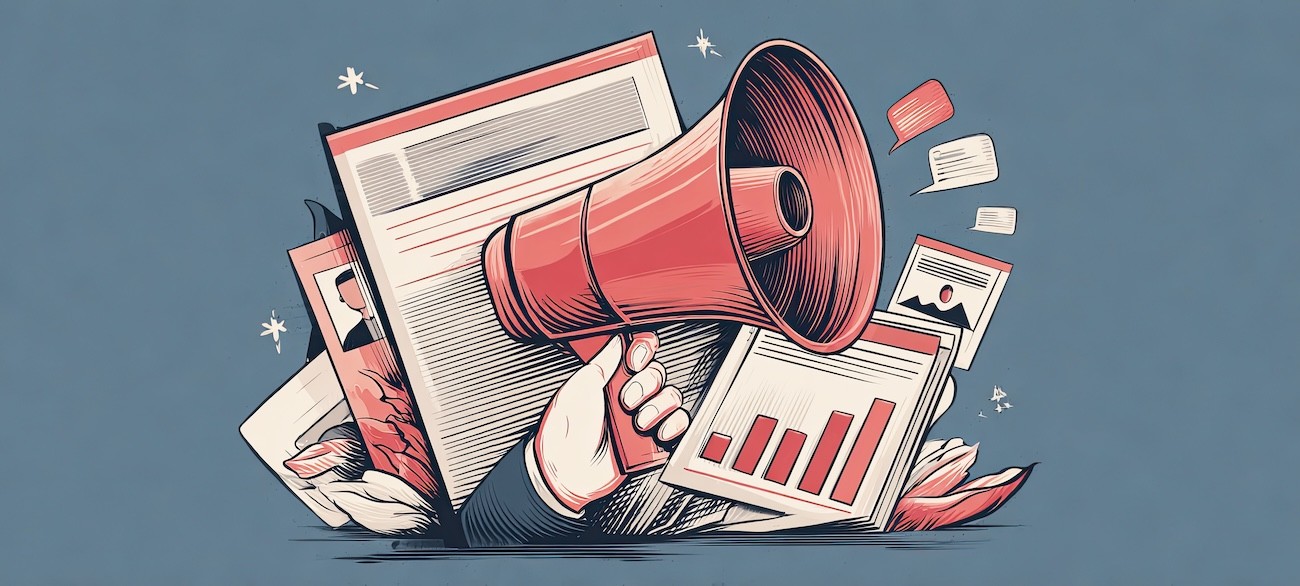Picture the following two scenarios:
Scenario 1:
Fellow employees at a large company, Jane and Mary, who have never had an interaction but know of each other through the grapevine, walk into a meeting they've both been requested to attend and are the first ones to arrive. To break the ice, Jane walks over and says: "Hi! You're Mary right? My name is Jane". From there, Jane and Mary get talking and find that they've got some common interests and over time become friends.
Scenario 2:
Jane and Mary walk into the same meeting, but in this case, when Jane introduces herself, Mary responds by asking: "Yes I am Mary, but before we talk any further, I'd like you to send out an email to everyone you know, letting them know that you now know me. I'd also really appreciate it if, before we talk any further, you could commit to follow everything I say in public in the future. If you can agree to those terms, then I'd be happy to continue this conversation."
Absurd, right?
So then why does this happen on Facebook?
Why are there companies out there who think that the right way to get a "Like" on Facebook is to demand that a user "Like" their page before they'll even show the page to the user? It's called fan-gating and although it's "proven", it's ridiculous in context of effective branding (in some cases I've seen, the user doesn't even know what the company does before clicking "Like"!).
It's a case of everything that is old is new again because these same conversations were happening years ago when it came to email newsletter sign ups. Organizations were blocking content on their site until a user gave them their personal currency (name, address, email, phone, etc...). They were getting it wrong with email back then and that sales-first mentality has now drifted into the new medium of Facebook "Likes".
It's numbers for the sake of numbers and it has nothing to do with creating real advocates or fans.
Think human when you're marketing. Think relational. Think common sense.





